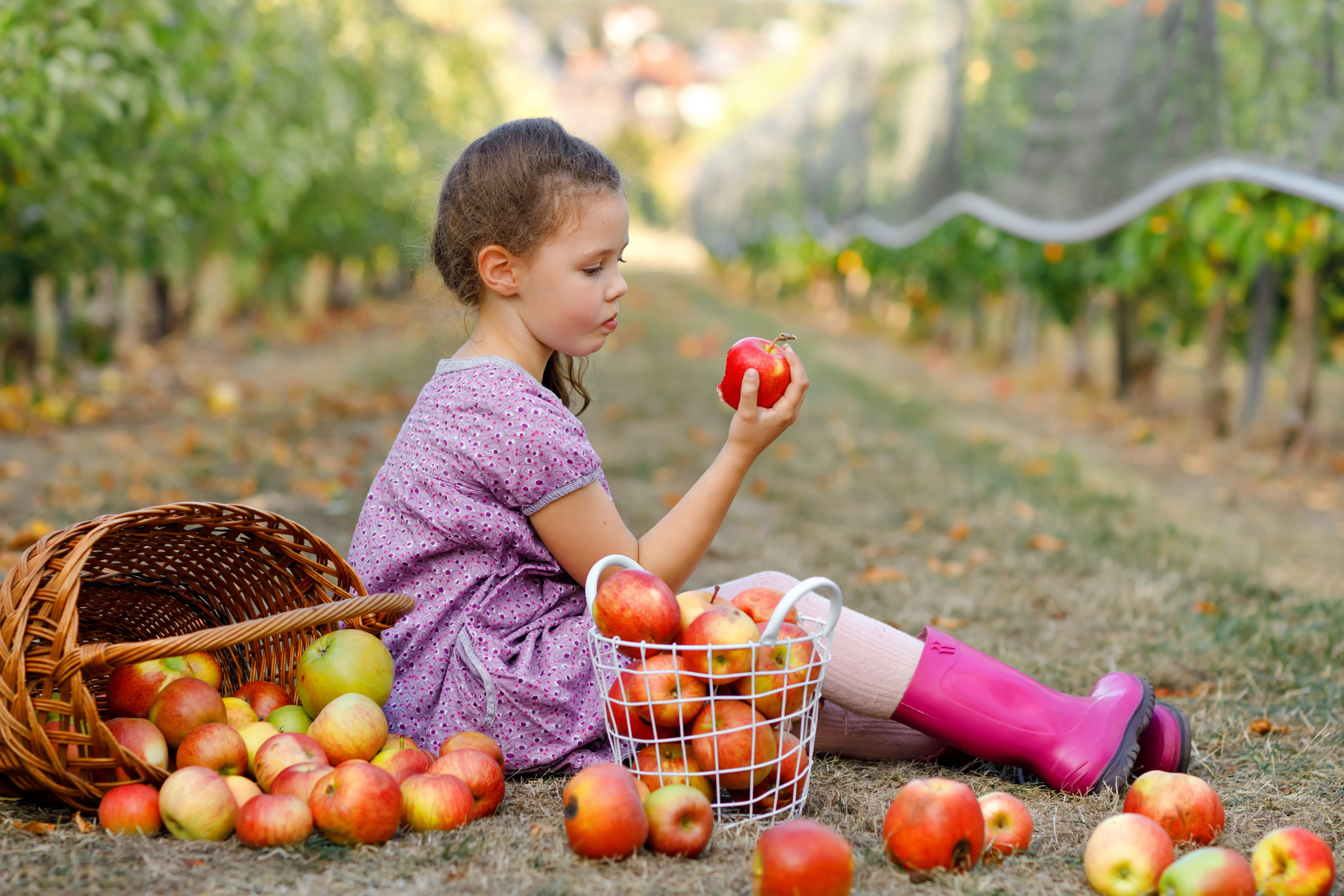Fall’s cooler temperatures usher in a variety of seasonal produce and welcome back favorites like chili and hot wings. Because diet and digestion go hand in hand, what you put on your plate can either soothe internal plumbing, or tie it up in knots. Discover what fall comfort food and seasonal produce can do to your digestive system — including which ones are the gut-lovers, and which are the gut-busters.
Foods That Help Digestion:
Apples provide a variety of health benefits. The pectin in apples promotes so-called good bacteria, which help in the proper functioning of intestinal health, he explains. Other digestive benefits of apples include promoting regularity and improving satiety. One medium apple with the peel contains more than 4 grams (g) of fiber.
Lentils are a prebiotic carbohydrate. This means that probiotic bacteria can feed on them, leading to the growth of healthy bacteria in the intestines. A 100 g serving of lentils may provide almost 13 g of prebiotics.
Legumes are very high in fiber, which not only helps move things along your gastrointestinal (GI) tract, but also helps feed the friendly bacteria in the gut. You should try including more bean- or lentil-based chili and stews for parties, baked beans for party side dishes, and hummus for party trays.
Sauerkraut, when made raw, the fermented cabbage can provide your stomach with a natural and healthy dose of probiotics. It also acts as a detoxifier. But the same cannot be said for sauerkraut from a can or a jar: Probiotics made during the fermentation of fresh sauerkraut improve digestive and immune function, and may reduce the risk for colorectal cancer. When your gut bacteria is flourishing, then you’re able to absorb nutrients better. So if you’re enjoying high-fat bratwurst at an Oktoberfest celebration this fall, eat raw sauerkraut alongside it to help reduce indigestion.
Foods That Hurt Digestion:
Creamy gravy is a staple on holiday tables, but eat it sparingly — or skip it altogether — if you’re prone to heartburn. Gravy is usually high in animal fat, salt, and starch, and can leave you feeling gassy and bloated. People with gastroesophageal reflux disease (GERD) should avoid fatty dishes. Fatty gravy takes a lot of energy for the stomach to digest and will sit in your digestive tract longer, which can play a role in constipation. If you’re prone to irritable bowel syndrome (IBS), it can also lead to diarrhea.
Pears are at their juicy and sweet best in the fall. But for people with IBS, they can be gut busters because of their high fructose content — a sugar that causes abnormal bowel function, or gas and bloating, in some people with IBS. Following a diet low in fermentable oligo-di-monosaccharides and polyols (FODMAPs), which are foods with certain types of carbohydrates, was shown to be helpful for people with IBS.
Hot Wings tend to be a game day staple but they should be avoided if you want to avoid an upset stomach, especially if you have GERD or IBS. Fried fatty foods are triggers for both conditions, and the spicy sauce on hot wings can further irritate those with IBS. Spicy foods were directly associated with IBS, especially in women.
Contact Us:
If you have been searching Google for a gastroenterologist near me, gastroenterologist for children near me or children’s gastroenterologist near me, look no further then Gainesville Pediatric GI. Schedule a consultation online at gastrohealthforkids.com







